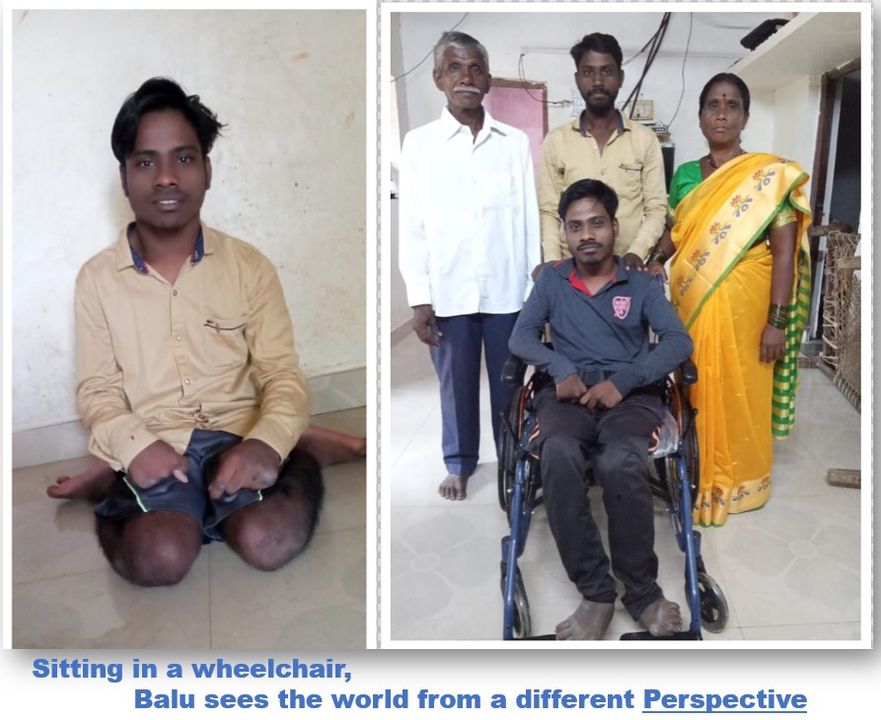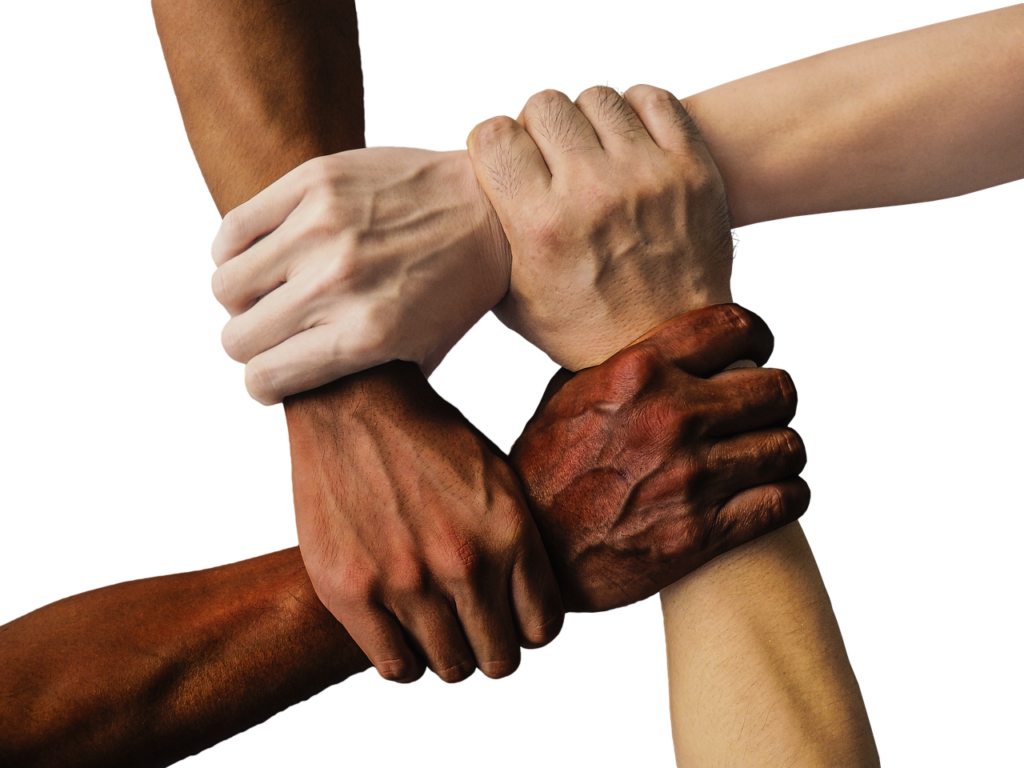Have you ever had a bone fractured? Maybe broke a leg or a hand while learning. Many things can lead to the breaking of bones but the result always is an inconvenience. Your leg or hand would be in a plaster cast for weeks. If you have not had any kind of fracture, has a twisting of the ankle ever made you stop whatever you were doing and sit? The pain could be excruciating but at a later point in time, we miss our independence. Suddenly we are dependent on crutches or someone to help us with our daily chores. Not to mention, apart from terrible graffiti on the plaster, we receive a never-ending list of suggestions (which can be read as taunts).
We suffer all this, in the hope that soon it will all be over. Everything will be back to normal, as you knew it before. After a few weeks of waiting, finally, the plaster comes off and your accident story has a happy ending.
Now for a minute, just imagine you carry that so-called inconvenience, for the rest of your life. That’s the story of many young individuals who are riddled with an orthopedic disability, traumatic injuries, cerebral palsy, muscular dystrophy, and Parkinson’s disease to name a few. For these people, mobility becomes a luxury that we all take for granted. Amongst the 3cr disabled population of India (as per Ind gov website info), only 5% happen to graduate. The number one cause for the dropout from education is lack of mobility. Lack of mobility also brings dependency. It denies you the ability to have privacy. You don’t tend to respect yourself when you can’t even change clothes without help or go to the washroom when you want.
One such case was of Balu. We met Balu as part of our corporate social responsibility group volunteering at the institute. The institute had provided them hope, the hope of a better future. Balu like kids who were stuck at home had a way forward. The institute provided them with mobility aids. Balu finally had access to a wheelchair. When the pandemic hit all of us, it hit the disabled kids the most. He and his entire batch had to stop the education they were taking and head back home. Back when there was nothing for them. Balu himself had not stepped out of his house since 2010. He had stopped going to his regular school as he didn’t have a wheelchair.

“One can only crawl so much. If I can’t even get out of my house, is the future even worth fighting for?” he had said to me once. The family was grasped by poverty and illiteracy; his prospects were grim. He was tied to his own body. My dear friend Ashwin who was constantly in touch with him had an idea. To set up fundraising, to get him a wheelchair. Let me get out of the boundaries and explore the possibilities, he had said. Contribution started piling up. No amount was little and it brought us close to the goal. And the magic happened. Within a few weeks, a lot of invisible hands rose from all corners of the world to build Balu’s new reality. It showed Balu that his life can be better, fun, and worth fighting for. In the below video, he is profusely thanking all who contributed and even looking for some work opportunities.
Not too long ago, I met a dear friend of mine. We were college mates. I told him how his small help at that time, had come a long way in making me a successful person. If he had not helped me in attending my classes, I wouldn’t have completed my education. He and many of such invisible hands have helped me glide my way to this point in life.
Sometimes, we think the only way to make a difference is to eliminate the problem. But that task is so daunting, that it deters us from making a start. What we need to realize is that we need not eliminate the problem but can play a small role, being part of a solution. Be an invisible hand in someone else’s successful life. A little compassion from all of us can make a big impact on someone’s life.

